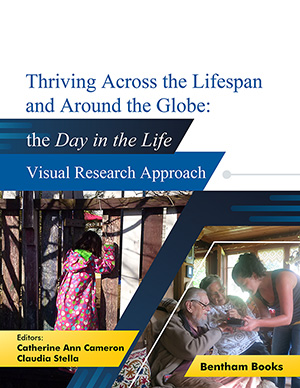Abstract
Third sector organisations (TSO’s) increasingly provide alternatives to public services, manage community ownership of local assets, and offer relational models of production and exchange. Many TSO’s have relatively flat structures, valorise peer relations and are seen as a democratic alternative to local state bureaucracies. This chapter draws on two empirical case studies to argue that a psychosocial understanding of lateral peer relations is essential if displacement anxiety and rivalry are to be avoided and conflict used as productive feedback for organisational development. Taking the UK as an example, and a context where the functions of local authorities have been sufficiently curtailed, it concludes that TSO’s may still need the vertically organised mediating functions of the local state if they are to carry out their roles effectively.
Keywords: Third sector Organisations, psychosocial perspective, conflict, vertical leadership, democratic participation.


.jpg)










